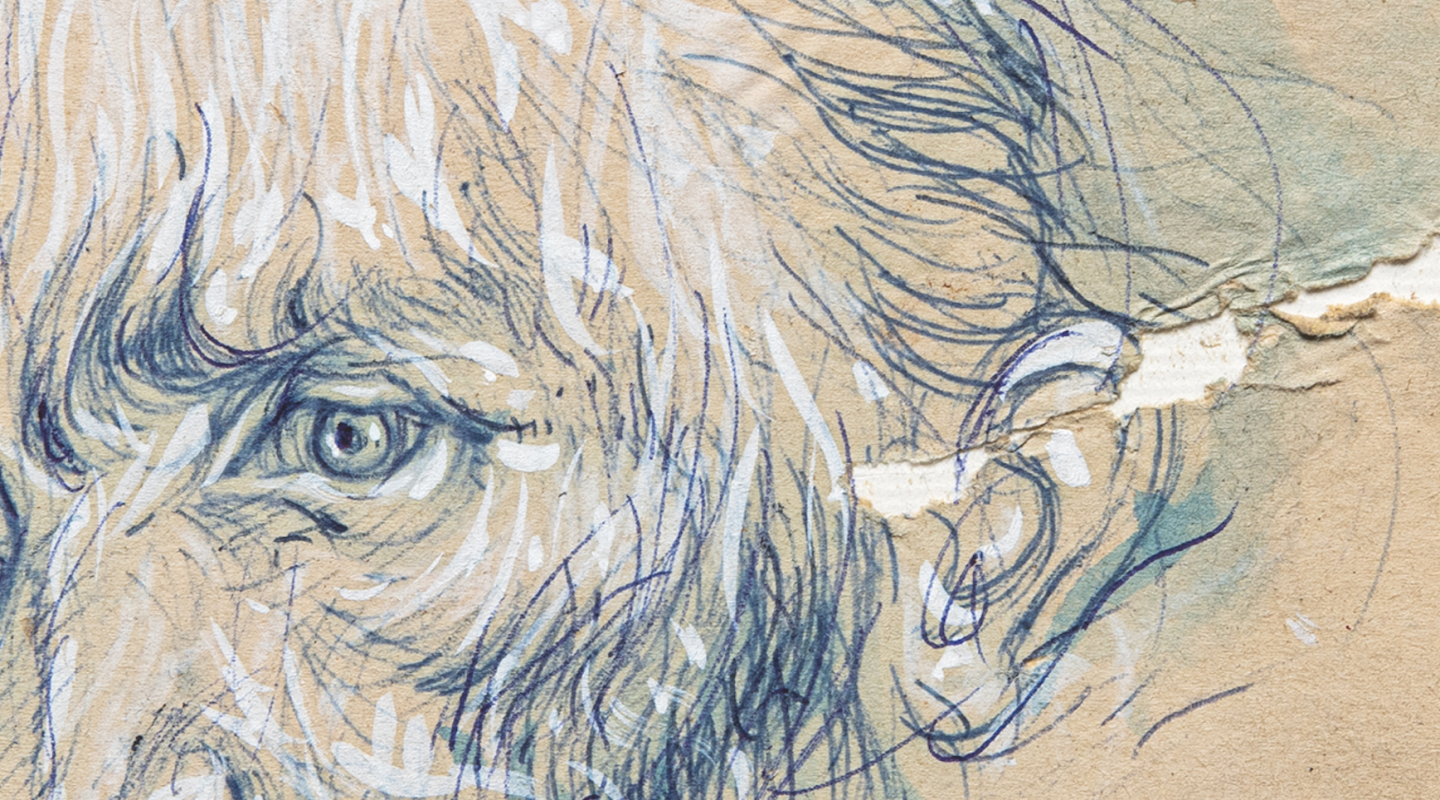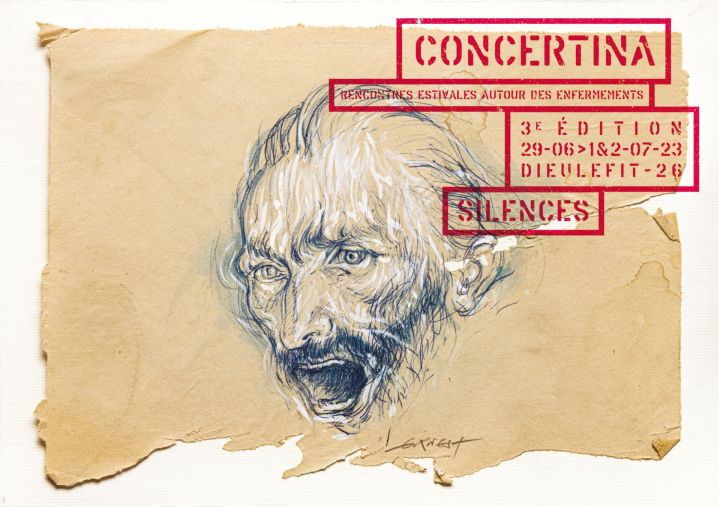
Explore
France: breaking the silence, challenging the abuse
An op-ed by Antoine Lazarus, chair of the third edition of Concertina
Antoine Lazarus was a student leader during the May 1968 movement before working as a prison doctor between 1970 and 1974. He also lectured in public health and co-founded the Groupe multiprofessionnel des prisons, (GMP) (Multi-professional Group on Prisons), which he has led since 1973. He has made countless contributions to ensuring the rights of prisoners, their relatives, and a fairer justice system. This summer, Lazarus is taking on a new role chairing the 2023 edition of Concertina, Rencontres estivales autour des enfermements (Coming together to explore imprisonment). The third edition of Concertina will take place from 29 June to 2 July in Dieulefit (Drôme, France) and will explore the theme of ‘Silences’, in all its complexity.
We met with Antoine Lazarus to discuss his experience as a doctor, activist, and silence-breaker. Read his op-ed below.
< Illustration © Ernest Pignon-Ernest - Courtesy Galerie Lelong & Co
Men and women who are deprived of information can neither make themselves understood nor defend themselves.
In the breath between their words, voices reveal that which images do not show.
An implicit connection
Why do this work for so many years?
Over half a century, I have worked as a prison doctor, created the GMP, which I carried out with inquiring doggedness, had a bustling professional life, and made numerous other commitments to prison associations. Almost 50 years after the start of my career, I discovered letters written by my father to my mother in 1943. During the occupation, he was arrested for being a member of the Resistance and incarcerated for eight months in prisons across France, including Montluc Prison in Lyon and Fresnes Prison near Paris. His last letter was dated 1943. I have known from being a child that my father died after being sent to Buchenwald, but I only recently learnt that, before that, he was sent to Auschwitz. He was forced to take part in the solemn death march to Buchenwald, where he died in 1945, shortly before the Americans arrived. I was 20 months old when he was sent away. I never knew my father, nor my grandfathers, but, as an adult, I have become aware of the many commitments they made. My maternal grandfather, Albert Chenevier, was a jurist who committed very early on to supporting Alfred Dreyfus. In addition to this, he also managed and reformed the Assistance Publique hospital in Paris. He was one of the first members of the Human Rights League (Ligue des Droits de l’Homme) in France. The causes that my grandfather defended and the positions that he took seem to have foreshadowed my own commitments in many ways. These implicit legacies that one sometimes only discovers later in life challenge the root of one’s own activism and make it humble.

Concertina
Rencontres estivales autour des enfermements
Concertina is a three-day summer gathering focused on imprisonment. This third edition will explore the theme of silences through workshops, stories and a range of artistic performances.
- See the 2023 programme (in French)
- Visit the Concertina website (in French)

